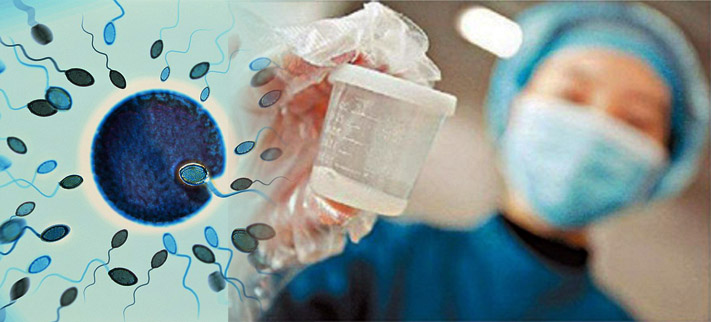Cell phones, laptops, tablets – these devices have become so ingrained in our everyday routine that we often forget their role in our health. You must have heard at one time or another that carrying your phone in your pocket can lead to cancer or infertility. Similarly, the rise of 5G wireless data has raised concerns over its potential impacts on overall health. But is there any truth to these claims, or are they just misinformed rumours?
The electronic devices we carry emit electromagnetic radiation. Several studies over the past decade have sought to examine the effects of this radiation on semen quality. A study published in 2015 compared the relationship between sperm concentration and cell phone use. Study suggested that men who talk on the phone for more than 1 hour a day were about 25% higher Those who talked on the phone for less than 1 hour per day were more likely to have lower sperm concentrations than those who did not. Even further, according to one study, men who carried their phones in their pants pockets generally had lower rates of sperm motility than men who did not carry cell phones. A similar study by the University of Exeter revealed similar results but suggested that men with low fertility (either due to testicular or genetic abnormalities) were more at risk than the average healthy male.
Another aspect to consider is the thermal effect of these devices on semen quality. In general, the testicles sit at a temperature 2-3 degrees Fahrenheit lower than the rest of the body, and raising the temperature of the testicles outside of their normal range can negatively affect fertility. Research has shown that using a laptop can raise the temperature of the scrotum by up to 5 degrees Fahrenheit when resting on the lap. Despite this data, the relationship between laptop use and infertility is not yet well understood in relation to the duration or frequency of laptop use before the loss of semen quality.
While there is evidence suggesting a role of technology in infertility, a definitive relationship has not been established. Sperm quality can be affected by a variety of lifestyle factors- drug use, obesity, stress and occupational exposure to name a few. If you are struggling with fertility issues or are actively trying to conceive, being mindful of your device use can be a component of steps you take to maintain sperm quality. But for now, there’s no need to throw away all your technology to have a baby!




